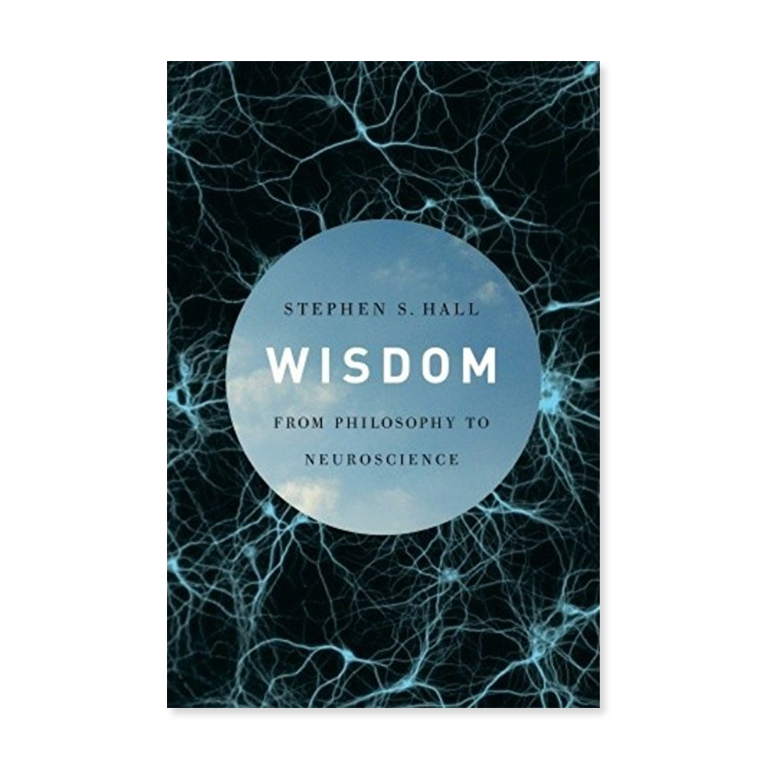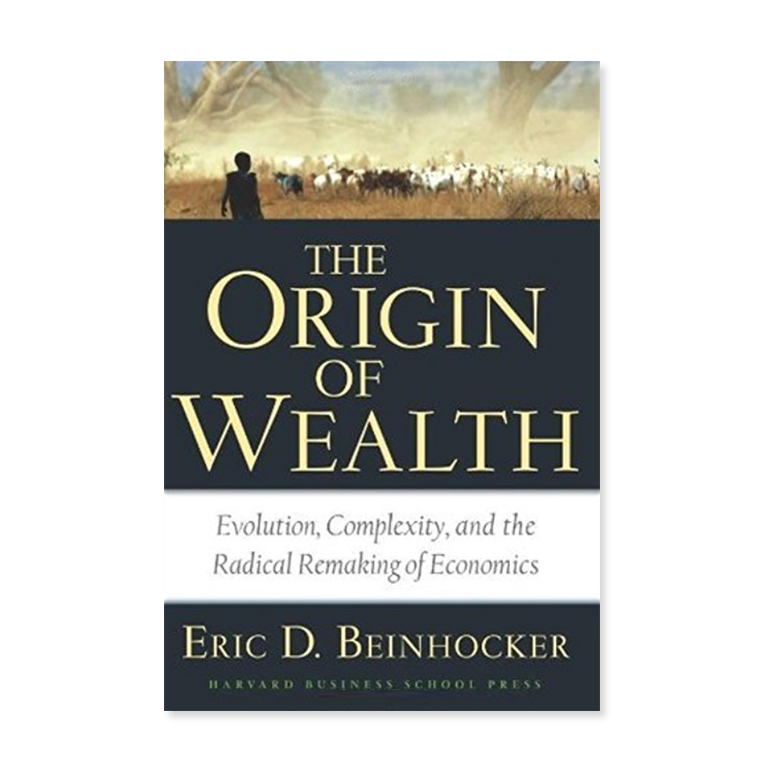Now that I’ve finished Nudge: Improving Decisions About Health, Wealth, and Happiness, I want to add a few more ideas from the book to my list that I missed earlier, and then sum it up with a review.
So, a few more important concepts:
Mental Accounting: Often times, we’ll allocate money in our heads even if it is in one big pile in reality. I might have $100 in my pocket, but if I’ve already allocated $50 to my phone bill, $30 for groceries, and $15 for lunch, in my mind, there is only $5 left. Often, we can make better decisions for ourselves when we make these allocations more concrete. Dave Ramsey, a talk radio host who focuses on helping people make budget and get out of debt, has advised people to start using only cash and dividing up that money among different envelopes as a way to make a visual account and set up artificial mental barriers for ourselves.
Conformity Effects: Calling something “popular,” tends to be a self-fulfilling prophesy. Studies show that groups are more likely to trend towards things that are already considered to be liked. Showing, for instance, how many people have already downloaded a song is a good way to encourage more people will download it.
Spotlight Effect: People tend to think that others are paying attention to them more than is accurate. Next time you make a fashion faux-paux, don’t worry about it, most people are too busy worrying about what you might notice about them to worry about you!
Priming: When you ask somebody if they are going to do something, you automatically increase the chances that they will do it. It’s hard to use a survey as research, but easy to use it as a persuasive tool. For instance, asking people the day before an election whether they will vote can increase the vote-count as much as 25%.
Review:
Read this book if you are into: Learning how humans make decisions and would like to find examples of manipulating them at a high level.
I really liked Nudge because of that is a super accessible and quick read. It sets the context and justification for detailed interaction design, and I’m glad that, unlike most UX books I’ve read lately, it doesn’t get too caught up in digital solutions. I expect there will be a convergence, in the next few years, of behavioral economics and design the same way that design has converged with psychology and entrepreneurialship. Soon we will all have to be designers and economists.
I don’t like the word Libertarian Paternalism. Every time I say it, I have to re-explain what both “Libertarian” and “Paternalism” means, both are loaded words. Even though it may be an accurate way to describe the phenomenon, it is a useless handle in our society. “Paternalistic Design,“ isn’t quite as bad (less people know what paternalism means, so it isn’t considered to be as pejorative, maybe as the word “Libertarian”) but it is still only helpful in a certain company.
The book was written in 2008 and, though I have a later print version with an Afterward, definitely shows it’s age. Having said that, the concepts, themselves are timeless, so it is still a very productive read.
The authors did seem, every once in a while, to take a political stance by defending Libertarian Paternalism, but those parts felt a little weak to me. I’m not really sure that the concept really needs to be defended, per say, the authors cover in the beginning that you can’t not be a choice architect, so you might as well be knowledgeable of the influence you have and adjust accordingly.
I’m looking forward to reading more of Thaler’s work and seeing where the field of Behavioral Economics goes these next few years.


